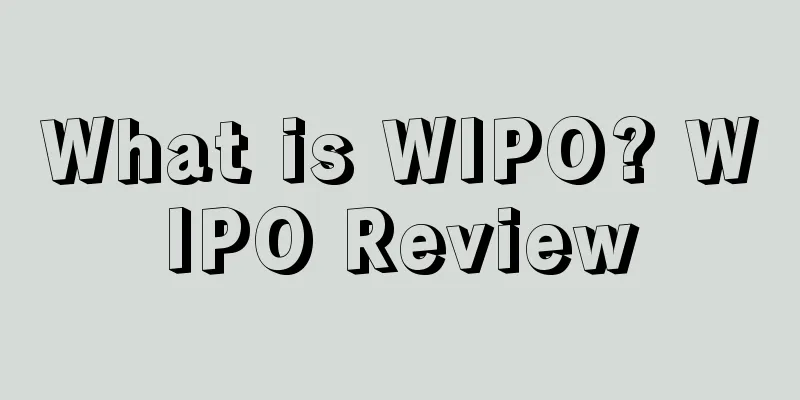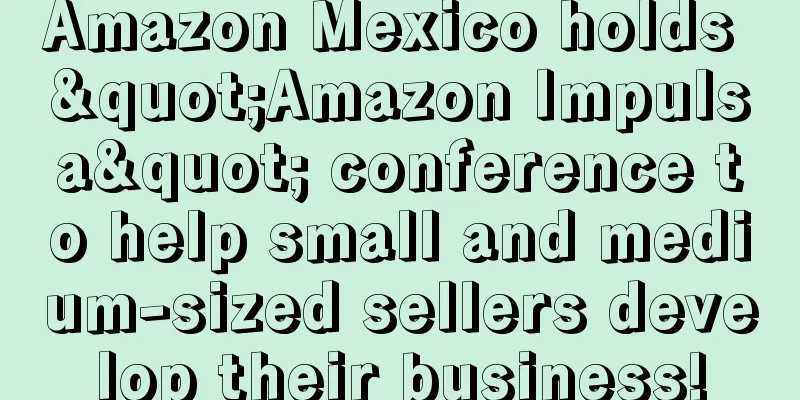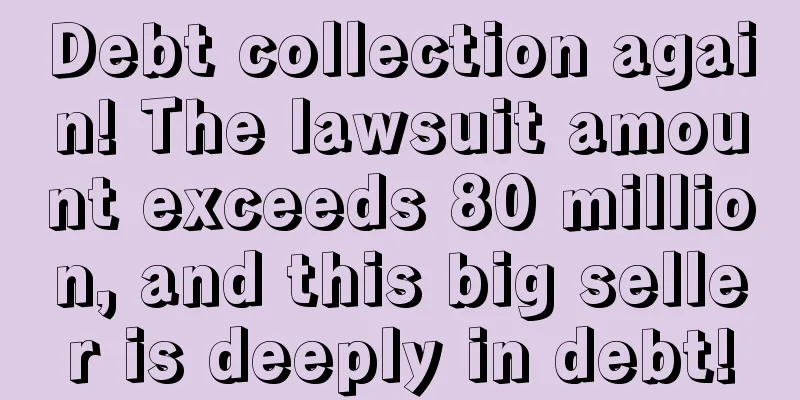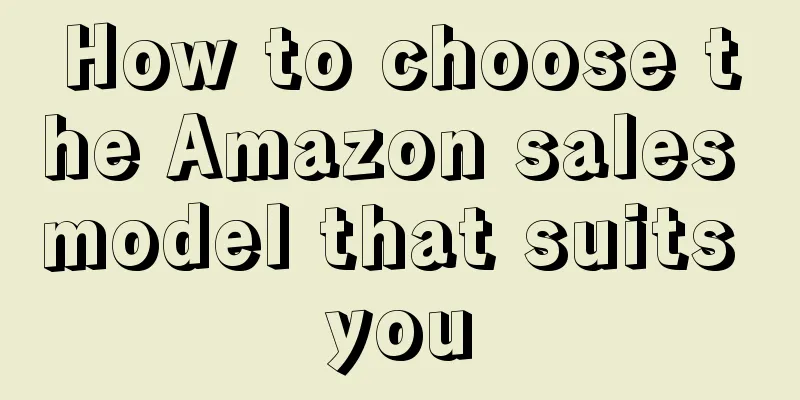China and the United States reconcile! In-depth analysis of the latest economic and trade agreement
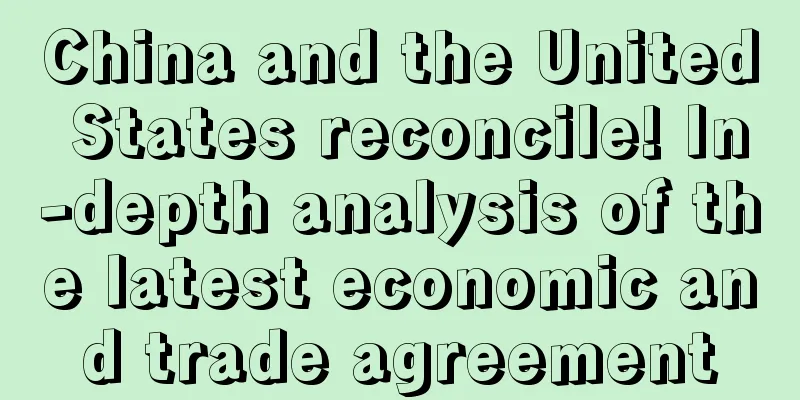
|
Early this morning, our national representative Liu He and Trump officially signed the first phase of the China-US economic and trade agreement at the White House, marking the official end of last year's vigorous trade frictions. Over the past year, we cross-border sellers have experienced multiple impositions of punitive tariffs and tax rate increases. It can be said that we are one of the groups most affected by trade frictions. Now the two sides have signed the first phase of the economic and trade agreement, taking an important step towards reconciliation. What kind of changes has this agreement brought to us? I believe that many sellers have read the official press release, but it is easy to be confused by the official language in it . I will combine the reports of the official media of both sides to tell you what impact it has on us. ◆ ◆ ◆ ◆ New changes and opportunities I will first briefly touch upon some terms that have little to do with our cross-border sellers or only have an indirect impact. The first is to improve the technology transfer system. We all know that the United States previously had many high-tech equipment and technologies that were subject to export controls to us, and it was impossible for them to sell them directly to us. Now, under this regulation, we can voluntarily transfer technology and equipment according to market principles at the negotiating table, which at least allows us to purchase these world-leading technologies. The second is to increase imports of American products , which was promised during the previous negotiations. We will gradually increase purchase orders by about US$200 billion between 2020 and 2021, mainly including industrial and electrical equipment, agricultural products, etc. The third is to gradually open up the financial market , which means that our and the United States' financial institutions (including banks, securities, insurance, electronic payments, etc.) can enter each other's financial markets in accordance with market rules. Of course, this only means that we will have more commercial financial services (such as the cross-border payments we commonly use) to choose from, while the capital account will still be controlled in our own hands and will not have an adverse impact on our country's financial security. The above contents will have an indirect impact on our cross-border sellers. Next, I will talk about the top priorities of this negotiation, which will also greatly affect our cross-border sellers - tariffs and intellectual property protection . ◆ ◆ ◆ ◆ Tariffs and intellectual property protection tariff Not all tariffs were canceled in this agreement. Only Part B of the 300 billion list implemented on December 15 was canceled , and the tariff rate of Part A of the 300 billion list implemented on September 1 was reduced from 15% to 7.5%. The cancelled Part B mainly includes clothing, fireworks, kitchen utensils, food, maternal and child products, mobile phones and computers , etc., while the tax-reduced Part A includes the remaining daily consumer goods, such as home furniture, headphones, glasses and other products (you can scan the QR code at the end of the article to get the detailed list ) . Currently, including the list of tariffs imposed in May last year, there are still 370 billion US dollars worth of export goods that are subject to additional tariffs. Before the second phase of the agreement is reached in the future, the two sides will further negotiate until all tariffs return to normal levels. However, this year is the period of the US presidential election, and the negotiation of the second phase of the trade agreement is likely to be delayed until after the election. There will still be some uncertainties during this period. The closer the election is, the more likely Trump is to make unexpected moves, so we still cannot take it lightly. intellectual property The other big part is the intellectual property content in the agreement. I will put a part that directly points to our cross-border e-commerce sellers. This means that if cross-border sellers sell products that involve infringement, piracy, counterfeiting, etc. on the platform, they will be held criminally liable and held accountable by law enforcement agencies! In the past, if a seller sold counterfeit products on Amazon, the worst that could happen was that their store would be closed. Even if the patent owner filed a lawsuit, the infringing seller would have no control over it. At most, the seller would just have to close the store, and there would be no criminal liability or further fines. Now, Amazon will directly shut down stores that sell counterfeit and pirated products, and will also disclose information about counterfeit stores directly to US law enforcement agencies. U.S. law enforcement agencies will investigate stores selling counterfeit goods. If Chinese sellers are involved, the illegal information will be transmitted to relevant Chinese agencies to jointly investigate and locate illegal businesses. Those who commit serious violations will have their business licenses revoked by state agencies. In this economic and trade agreement, China also promised that within 30 working days after the signing of the agreement, it will issue a detailed intellectual property protection action plan to ensure the implementation of the obligations in the agreement, and at the same time mark the effective date of each measure in the action plan. In other words, in the future, China will further introduce a more detailed and specific plan to crack down on sellers who sell copycat and counterfeit products on e-commerce platforms. Sellers who are still selling these products should think twice. After all, once the sale of counterfeit products is exposed, it will not be a simple matter of closing the store. They may also face further fines or even imprisonment. In addition, the alignment of law enforcement agencies on both sides may bring about other changes. For example, we all know that organized and large-scale order-padding by domestic e-commerce is illegal, and some people on the Taobao platform have already been caught for preventing order-padding. Amazon is a foreign platform that is not subject to domestic laws, and the fake order agencies on the platform are also operating on the edge of the law. In the further cooperation between the two sides, these gray areas may be destroyed at any time. We sellers should make plans as soon as possible and be prepared to face the increasingly strict and rule-abiding business environment in the future. |
<<: Amazon lifts ban! Sellers can freely choose logistics
>>: New taxes? Amazon announces it will pass the tax on to sellers
Recommend
What is Yun Wujie? Yun Wujie Review
Shenzhen Yunwuyou Network Technology Co., Ltd. was...
FBA fees have increased again! How can I get the profits I deserve from my brother-in-law?
Today, Amazon stated in its latest announcement t...
What is Mail.Ru? Mail.Ru Review
Mail.Ru Group (LSE: MAIL, listed on November 5, 20...
Amazon, is it really getting harder to do business...?
I heard that it’s getting harder and harder to do ...
Target's second quarter revenue exceeds $25 billion! Grocery business performance is very impressive!
It is learned that on August 18, Target announced ...
What is Wofei? Wofei Review
Shenzhen Wofay Global Technology Co., Ltd. is a cr...
Walmart cooperates with Angi to launch new services to improve buyer satisfaction!
AM123 learned that Walmart has launched a new serv...
What is Lifehacker? Lifehacker Review
Lifehacker is a famous American blog on life and s...
Overseas epidemic breaks out! Amazon Europe listings removed, EU opens green channel for epidemic prevention supplies!
WHO Director-General Tedros Adhanom Ghebreyesus sa...
What is 17TRACK Logistics Express Parcel Tracking Platform? 17TRACK Logistics Express Parcel Tracking Platform Review
17TRACK is a global logistics and express parcel t...
What is Seller Bench? Seller Bench Review
Seller Bench is an Amazon claims service provider....
What is CE certification? CE certification evaluation
The CE mark is a safety mark rather than a quality...
What is the Amazon Tax Exempt Program (ATEP)? Amazon Tax Exempt Program (ATEP) Review
Amazon Tax Exemption Program (ATEP) was launched i...
Amazon strikes hard! Multiple service providers arrested
Let’s start today’s main text. ◆ ◆ ◆ ◆ In May of ...
Trump's power bank appeared in the spotlight, is Anker in trouble?
Anonymous user My C position Chinese power banks a...

